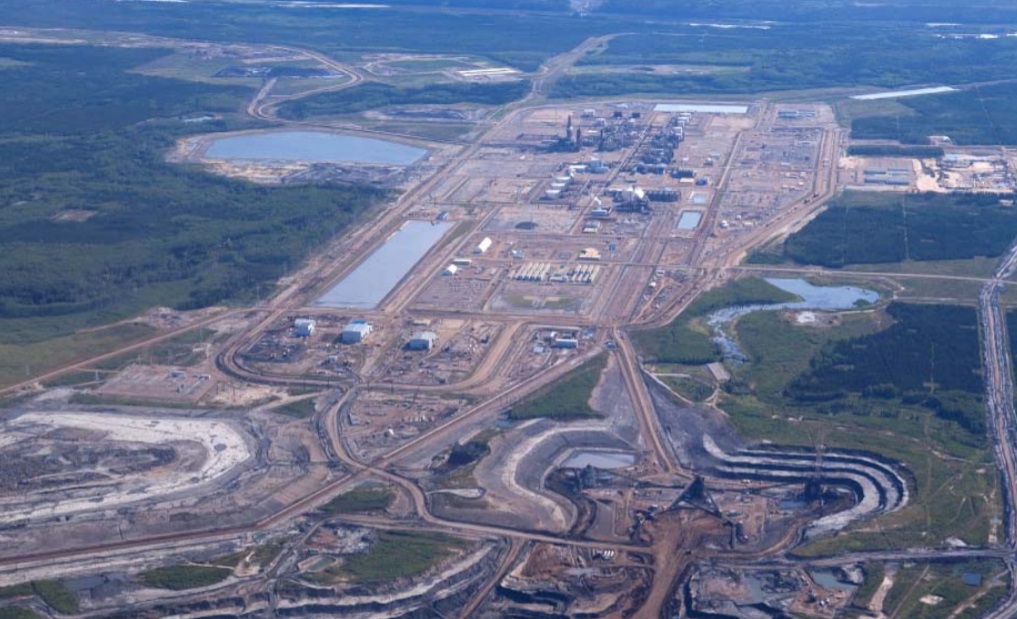New York State Pension Fund Divesting From Oil Sands Companies Without an Energy Transition Plan
The New York State Common Retirement Fund, one of the largest pension funds in the US, with approximately $248 billion in assets, announced today that it will restrict investments in oil sands companies that have not demonstrated that they are prepared for the transition to a low-carbon economy, with plans to divest from seven identified companies.
The move marks the next step in the pension fund’s ongoing review of the transition readiness of energy sector investments that face significant climate risk. In December 2020, State Comptroller Thomas P. DiNapoli announced a new goal to transition the fund’s portfolio to net zero greenhouse gas (GHG) emissions by 2040. The new initiative included a commitment to review over the next four years the fund’s energy sector investments, assessing companies’ transition readiness and climate-related investment risk.
Last year the fund’s review of coal companies led to the divestment from 22 firms that failed to demonstrate transition readiness. The fund announced that its next evaluation will be shale oil and gas companies.
Oil sands are among the most carbon-intensive sources of crude oil production, and several investors and financiers have recently announced policies to restrict activities and investment in this area. Following the New York State pension fund’s review of several oils sands companies’ strategies, capital expenditures, greenhouse gas reduction targets, and other factors, the fund will divest more than $7 million in holdings in seven companies, including Imperial Oil, Canadian Natural Resources, Husky Energy, MEG Energy, Athabasca Oil, Cenovus Energy and Japan Petroleum Exploration.
DiNapoli said:
“As nations around the world become increasingly serious about addressing the threat of climate change and as market forces drive a low-carbon economic transition, we need to make sure our investments line up with this reality. We have carefully reviewed companies in the oil sands industry and are restricting investments in those that do not have viable plans to adapt to the low-carbon future. Companies responsible for large greenhouse gas emissions like those in this industry, pose significant risks for investors.”





